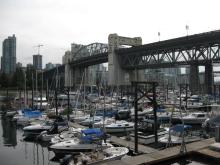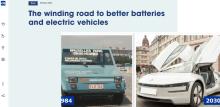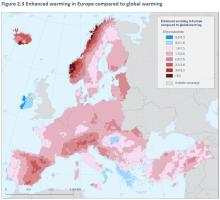THINKING BEYOND OUR USUAL SILOS
The systemic convergence of technological,
social and structural changes needed in the SDG’s.
Cluster 4: Media & Education
Almost twenty years ago I thought about what really had to be the tv news headlines. And I wrote this. The index of our natural capital continues to fall. Neglect takes thirty thousand children's lives. Renewable energy is on the rise. This was only a dream then, but he reminds us that mainstream media today fail even more in reporting on the most important developments and dynamics for humanity.
So, talking about problems. Most of the so-called news we get doesn’t really deserve the name ‘information’, and it’s certainly not knowledge. We cannot avoid the conclusion. Our commercialized media are no longer a lever for change, transformation or transition.
Moreover, the so-called education that thousands of ngo’s preach and practise since fifty years - but also governments and other institutions - doesn’t bring about any fundamental change, let alone the necessary transitions of our failing systems for food, energy, transportation, housing, industry, materials, media, knowledge, culture and so on…
So, talking about solutions, first with regard to media.
Although society allowed media and pretended social media to be dominated by commercial companies and above all by digital monopolists, society also created strong building blocks for alternatives. Because the Internet, as never before, offers opportunities to go beyond current events and make the world more understandable.
This is a plea for what I have called encyclopedic journalism. It may surprise some, especially many media people, but it is already possible for everyone to inform themselves in this way and even to contribute to it.
In fact, even though Wikipedia is not perfect, you are far much better informed by that encyclopaedia and a few other sources of information than by the vast majority of news media. This is even the case if an event or topic is fully in the news stream and is trendy on all media.
Some media choose in depth, on the internet, a similar encyclopaedic approach, most don't. Twenty years ago I proposed this to the public broadcaster where I then worked, until today without result.
Finally, three observations concerning solutions with regard to transition.
First, there are lots of pioneers, experiments and initiatives but many societies have to reinvent their largely lost capacities to make them systemic, to really create new systems as they did in the past with trade unions, cooperative banks, media or supermarkets, social security systems…
Secondly, the best alternatives of systemic transition, old and new good examples, should be in the centre of public attention to inspire, strengthen and trigger all transition actors, to prevent the idea that there is no other way. It’s obvious that these good examples should gain much more attention in our education system and in all educational and communication channels.
Thirdly, there is a clear need of civil society based new mass media that practise this encyclopaedic journalism with an important focus on good transition examples.
Dirk Barrez
Journalist | Editor PALA newsletter (dutch)





